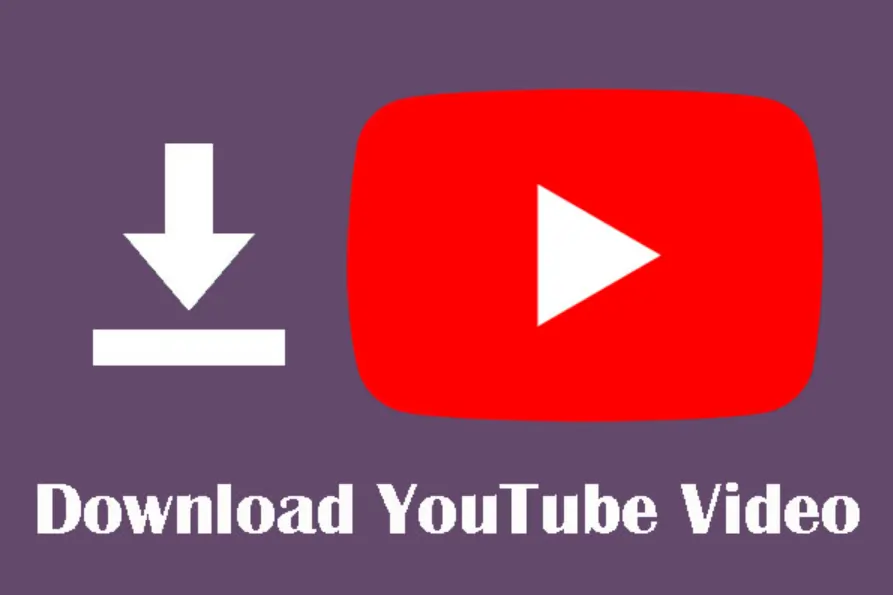Introduction of Youtube video downloader
YouTube is a very well-liked platform for communication, discovering, and viewing an array of videos online. YouTube offers millions of hrs of new content every day, making it a great tool for learning, recreation, and knowledge. However, users want to be able to save clips from YouTube for offline watching and other uses more and more. Many YouTube video downloading applications and services have been developed as a result of this need. We’ll examine the development of YouTube video downloaders, their compliance, and the ramifications for consumers and content producers in this piece.
YouTube Video Downloaders’ Ascent:
YouTube changed how people watched videos online and became well-known when it was founded in 2005. As the site became more and more popular, functionality beyond simple streaming became necessary. Users desired the freedom of recycling footage for personal projects, Make compilations, and store films for watching offline.
Developers started to produce programs and platforms for downloading YouTube videos in response to this demand. Originally available as independent applications and extensions for browsers, these solutions let users download videos straight from YouTube by just copying and pasting the URL. With time, these downloaders became more practical and approachable, giving users more choices like selecting the quality of the video, extracting the audio, and downloading full playlists or channels.
Issues with Copyright and Legality:
Though some parts of the app for smartphones allow users to capture videos for offline viewing, most YouTube video downloader programs function separately from the platform itself. This makes one wonder if downloading videos from YouTube is lawful, Particular in light of copyright regulations and the terms of service on the platform.
According to YouTube’s terms of service, downloading videos without the content creator’s express consent or unless the platform offers a download button or link is expressly forbidden. This implies that downloading videos from YouTube utilizing third-party downloading programs could be against the terms of service of the website.
The matter gets trickier when viewed from a legal angle. Although copyright rules differ from place to jurisdiction, downloading protected content without permission is generally considered a violation of copyright. Since most videos on YouTube are copyright protected, downloading them without authorization may result in infringement notices, litigation, significant penalties, among other legal repercussions.
Nonetheless, there are also instances where copyright law is not applicable, such as fair use, which permits limited utilization of protected content for educational, research, news reporting, commentary, and critique purposes. Whether download a YouTube video qualifies as an appropriate use relies on a number of variables, such as the intent behind the download, the type of content, the quantity used, and the impact on the work’s initial market value.

Youtube video downloader
Moral Aspects to Take into Account:
There are moral questions about using YouTube video downloaders in addition to legal ones. Video production for audiences is a time-consuming and frequently financially rewarding endeavor for content developers. Without consent or proper acknowledgment, downloading these videos robs the producers of potential viewership, ad money, and credit for their contributions.
Additionally, downloading videos from YouTube might support illegal dissemination of copyrighted information and piracy. The rights of video producers are violated and their work is devalued when videos are downloaded and disseminated without authorization.
However, supporters of YouTube video downloaders contend that their use enables offline material access, especially in places with spotty internet access. Additionally, they draw attention to the creative and instructional applications of downloaded content, including making remixes, collections, or instructional videos.
The Future of Downloading programs of Videos from YouTube:
The current state of YouTube video downloaders is probably going to change as long as consumer demand and technology continue to advance. We might witness developments in download techniques, better platform and device compatibility, and greater options for organizing and customizing downloaded content.
The moral and regulatory dilemmas raised by YouTube video downloaders, however, are not going away. Owners of copyright and content producers will keep fighting for their rights and looking for ways to safeguard their intellectual property. As they respond to digital footage, viewers have to understand the complex waters of copyright legislation and equal use.
Health and Compliance:
YouTube video downloads are a gray area. Although downloading isn’t specifically prohibited, actions that could damage the service or infringe upon copyright are restricted by YouTube’s terms of service. It’s important to realize that not every YouTube video is free of copyright. Unauthorized downloads of copyrighted material for anything other than personal, private use may be prohibited. It is advised to save videos only if they are expressly indicated to allow reusing or if you have the owner’s consent to do so.
For some people who download videos, safety is an additional worry. Malicious websites or applications may provide annoying advertisements or package spyware with downloads. Download from reliable sources only, and exercise caution when using solutions that seem too tempting to be true.
Options Rather Than Downloading:
YouTube Cost: With this subscription option, users may watch videos without advertisements and save them for future offline consumption directly from the YouTube app.
Screening Recorder: You can record the video playing in the monitor using computer recording applications, albeit it’s not the best option. Although the video quality may be poorer and may have aspects similar to your browser’s interface, this strategy can be applied to any website.
Authorized downloading: Several YouTubers provide their videos for download straight from their official site or channels page. If the creator offers it, this is a secure and authorized method of getting the video.
Conclusion:
A common tool for many users looking to access and handle YouTube material is a YouTube video downloader. Their legality and social ramifications, however, continue to be controversial topics. Although download videos from YouTube can be flexible and convenient, it also brings up issues with piracy, copyright violations, and content creators’ rights.
The prospects of YouTube video downloaders is still unknown since laws and technology are always changing. In the end, viewers have to make judgments regarding how they react to multimedia material while navigating the murky waters of copyright law and moral issues. Regardless of whether downloading a YouTube video is considered appropriate or otherwise, given modern times it is crucial to protect the rights of those who create content and adhere to equal use or moral principles.














Comments are closed